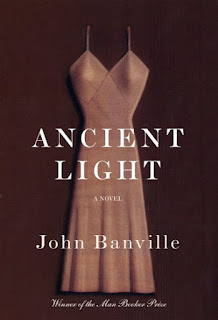Learning a new piece is a complicated process. I need to understand the music, how it works,
what it has to say, what I want it to say.
I also need to figure out how to play the damned thing, and that means
learning the notes, working out fingering, practicing technical passages,
etc. But arriving at musical
understanding often depends on being able to execute. You don’t know what the music is until you
perform it, even if you can’t. And blind under-tempo execution can be devoid of musical intent. The two areas
depend on each other. Chicken and
egg. Adam’s navel.
I’m a good faker and a good sight-reader. So I generally take a dual approach. I spend some time faking through the piece at
tempo just to achieve an understanding of how it works and what I want. (I confess that this betrays a certain
impatience. ‘Let’s just make believe I
can play this. I’d really like to think
that I can play this.’) I also spend time working out the technical passages
slowly and, I hope, accurately, but sacrificing musical intent. Ideally the two
approaches eventually meet.
 |
| A version of op76 #1 in Brahms's own hand. |
The disadvantage of faking it is that we learn whatever we
do. Every time I fake my way through (to
develop understanding, or just for self-deceptive fun) I learn to not execute
cleanly. And that makes it harder to
learn to play it well down the road.
So I’m going to try something different. Lately I've been learning Brahms op.76, a set
of eight ‘short’ pieces. They really are
spectacular, and I've never taken the time to study them closely. But I know some of them well by ear, so I
have a pretty good concept of what I want from them.
Op. 76 #1 is a piece I’ve never really learned, but I do (I
think) understand it. So there’s really
no need to fake it. So I’m trying to
learn it without EVER faking it. Just
play it ever so slowly. Never make a
mistake. If I do, I need to go even more
slowly. That means I won’t ever play it
up to tempo until I’m ready to do so flawlessly. No faking.
It’s a little frustrating.
I want to wing it. But I’m not
letting myself do that. I so hope that playing
it slowly over and over will not chip away at the expressive concept that I
have for the piece and turn it into drudgery.
I don’t think that will happen. I’m
pretty clear about what I want, and I can imagine it happening, even if I’m
playing quite slowly.
Do I have the discipline to stay with this approach? We’ll see. I've never attempted it in quite this way. The best possible outcome would be to arrive
at a reliable performance of the piece which says what I want to say and
involves minimal technical risk. On the
other hand, I could become frustrated that I never seem to be able to play it
cleanly at tempo, and just stop trying.
I’ll keep you posted.





